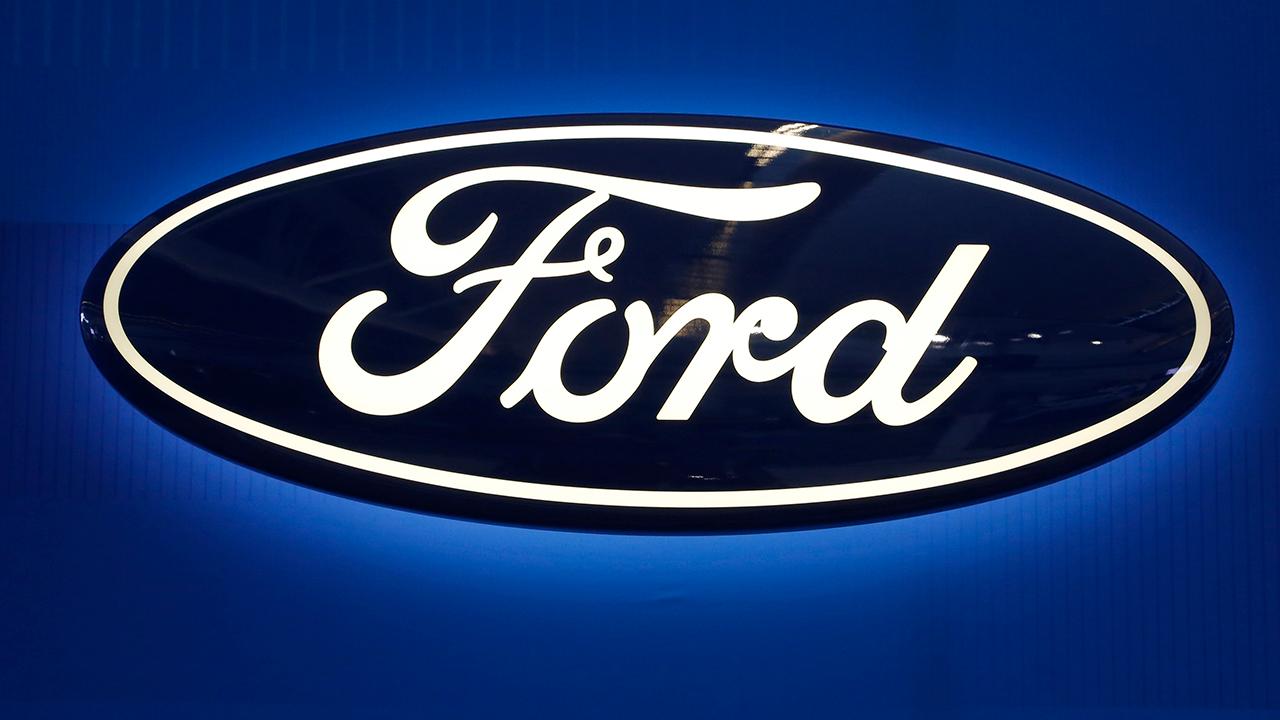Ford, GM invest billions in self-driving cars amid uncertain future
Ford releases second-quarter earnings
FOX Business’ Jeff Flock reports on Ford’s second-quarter earnings.
Ford Motor Co., General Motors and other carmakers are pouring billions of dollars into developing autonomous technology as companies come to the realization that launching the self-driving vehicles will be much more difficult than previously envisioned.
So far, Google’s Waymo is the only company offering a self-driving, ride-sharing fleet in the Phoenix suburbs. The growing focus by Silicon Valley tech giants on autonomous technology is increasingly worrisome to Ford, GM and others, according to former executives and industry insiders.
The fear is that the offering will be too difficult to develop and the firms will be forced to license software from Google or Apple, effectively giving those companies ownership of the customer interface and, subsequently, all the data that is collected. While companies may make some profits off of providing mobility services like ride-sharing, the major revenue stream for self-driving cars will be in the user information they gather.
The key question is how to monetize that data and it has industry leaders stumped, according to Bharat Balasubramanian, a former executive at Daimler AG and current professor at the University of Alabama.
"This is the biggest challenge for all automotive manufacturers," he told FOX Business. "The Google model is much more powerful. They can build up a fantastic predictive model of your habits and of everyone around you and that model would be worth billions."
But first, carmakers must get the technology working, an exorbitantly expensive endeavor that has led to a slew of partnerships between industry rivals.
Ford disclosed on Wednesday that it spent $264 million in the second quarter on its autonomous effort and other mobility initiatives, a 46 percent increase from the year prior. The Dearborn, Michigan-based carmaker previously announced an expanded partnership with Volkswagen on developing the technology with partner Argo AI.
And the most important part of that deal is the data, according to Ford President Jim Farley. The two companies plan to market their respective vehicles separately, so no customer information will be shared.
Executives at the firms acknowledged the long road ahead in bringing self-driving cars to consumers, but Ford is already plotting how to monetize the time in which customers are in the vehicles.
Among other initiatives, the company is in discussions to provide licensed content to riders catered to how long the drive is, something akin to a Netflix show that may last only seven minutes or basketball games that are condensed to 30 minutes.
Ford’s Farley estimates that as much as 95 percent of the revenue from the vehicles will come from the time spent inside the car. And for the past three months, he’s been working with external partners on those offerings.
"We’re going to build a whole new group of services that people don’t see today. We need, as an industry, to start educating our stakeholders about what those businesses are going to look like," he told FOX Business "The tech is great, but once we get past the tech, what matters is the businesses and those experiences for the customers."
| Ticker | Security | Last | Change | Change % |
|---|---|---|---|---|
| GOOGL | ALPHABET INC. | 322.86 | -8.39 | -2.53% |
| F | FORD MOTOR CO. | 13.80 | +0.08 | +0.58% |
| GM | GENERAL MOTORS CO. | 84.24 | +0.94 | +1.13% |
As Ford eyes future revenue streams, General Motors is pumping the brakes on its own self-driving program.
The Detroit-based firm announced on Wednesday that it would not meet a self-imposed deadline to roll out a large number of self-driving vehicles by the end of the year, to give GM and its partner Cruise more time to conduct testing.
"In order to reach the level of performance and safety validation required to deploy a fully driverless service in San Francisco, we will be significantly increasing our testing and validation miles over the balance of this year, which has the effect of carrying the timing of fully driverless deployment beyond the end of the year," Dan Ammann, Cruise’s top executive, wrote in a post.
Waymo and Cruise did not respond to interview requests for this article.
CLICK HERE TO GET THE FOX BUSINESS APP
Despite the struggles facing the industry, the self-driving programs are still drawing ample investment.
Cruise, for example, has raised more than $7 billion from GM, Honda and others. The company expects to spend over $1 billion this year on developing and testing autonomous technology.




















